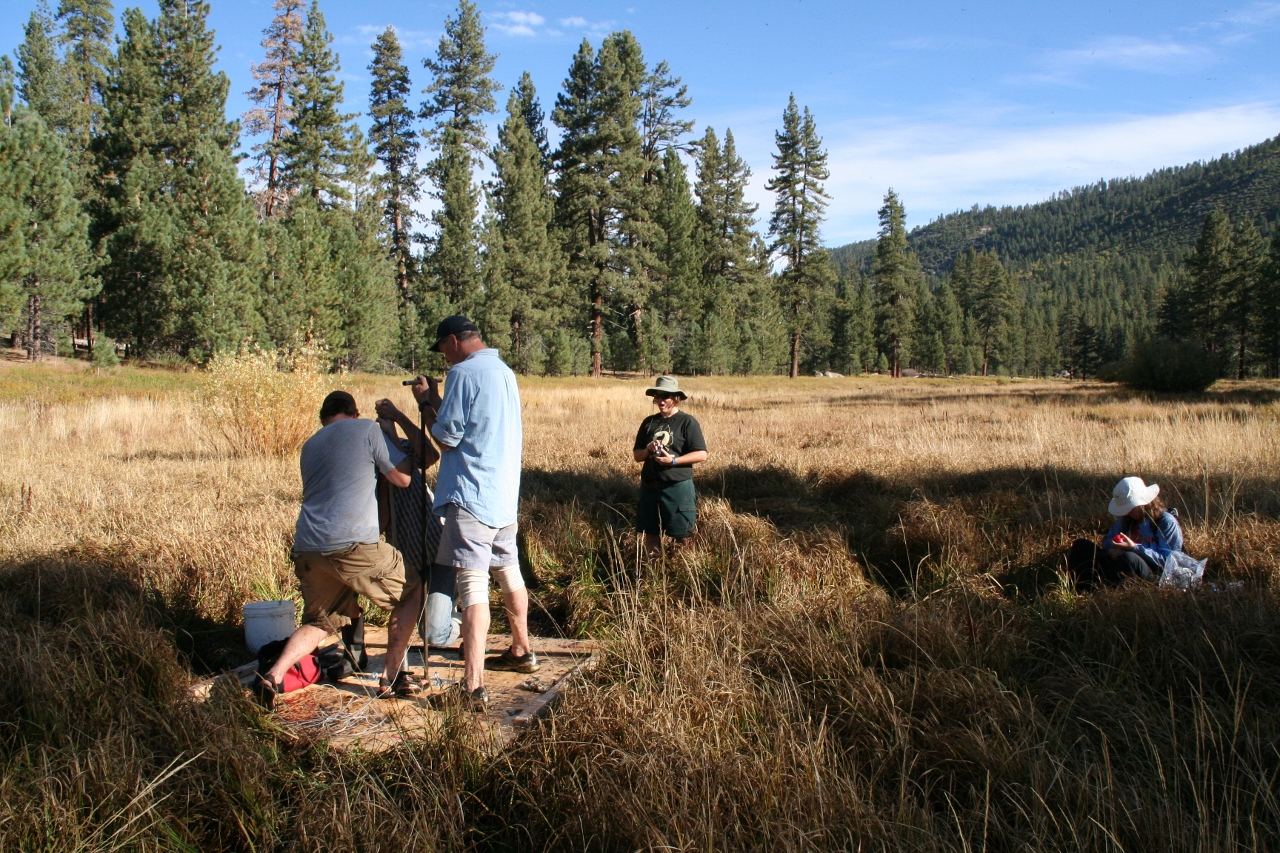As I went out to perform some additional fieldwork for GPS testing, I found my inner voice chastising me. Why? Because after two months of no fieldwork, I had forgotten all the lessons I had learned the second time around. Why the second time? Because I had forgotten them the first time around, when I began on my thesis’s fieldwork. So, in order to *hopefully* avoid the same mistakes in the future, I have come up with a list of things to NOT do with regard to fieldwork. Hopefully this will help others just getting started with fieldwork, or perhaps getting back to it after a hiatus.
Do NOT Assume That:
- You have gas (or enough gas). Invariably, you will run out sooner than you think you will;
- All hardware/software you used previously will continue to work. A sneaky update may have installed on unrelated software that can cause havoc (trust me);
- You can reconfigure your settings in the field. You can, but it will invariably take you longer and you will screw up because you won’t remember every single last item to configure. Do it before you leave. No, doing in the car doesn’t count, you’ll screw up there too;
- You’ll remember everything. You won’t. You’ll think you will, but you’ll forget (like I did, hence these notes *grin*). Take copious notes. I know it’s a pain in the butt, but it’s worth it in the end, especially when you have to justify why you did certain things out in the field, or why your readings may be wonky;
- Your site will be accessible. You may need permission to enter private land, passcodes, keys, etc. Or, the owner might not let you on period. Find out BEFORE you go out, if you can. Otherwise, have a Plan B;
- Your site(s) will be similarly accessible on return visits. Vegetation has a way of sneaking up on you, other personnel may be doing site work in your study area, the land may be purchased, etc. Just be aware;
- You can figure it out as you go. Plan in advance as much as possible. Have a Plan A, B, and C. Start thinking about Plans D & E in the back of your mind. At some point you’ll end up going with Plan J. Be flexible, but be prepared;
- You’ll have access to food, so think like a hiker/camper/backpacker. Take your essentials, including more water and food than you think you’ll, since fieldwork always takes longer than you think it should; and
- You can consistently do the same workload. There are always off days. Your tired, hungry, burned out, whatever. Know that fieldwork takes time, and more of it than we expect.
Other things to keep in mind:
- Equipment is not safe in the field. If you’re using electronic devices, try to get them protective cases/screen protectors. Dust and sand are everywhere, especially in the Southwest, and you don’t want your shiny new gear screwed because you got sand in it.
- Take a camera and record your field session. You never know when you’ll need that photo for a presentation, or to look back on the experience with fond memories. Be sure to get pics of your crew too.
- Plan breaks. Your brain will get tired, especially on hot days, and it won’t work as well.
- Make sure to refocus. Sometimes you can get lost in what you’re focusing on, and try to force your way through it. This will lead to sloppy data and sloppy results. If you notice yourself doing this, see #3 and take a short break. It will be better for you and your work in the long run.
- Have fun. You’re out there for a reason. When you’re tired, exhausted, and want nothing more than to go home and relax, remember why you’re out there. Then remember the positive reason why you’re out there 😉 It’s always better to love what you do, and you’ll collect better data in a good frame of mind.
Lastly,
Take a treat with you. After all your hard work, you’ve earned it!









